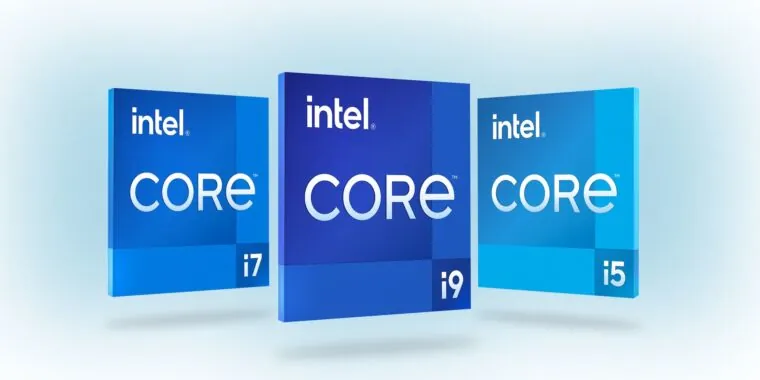
Intel’s Final Solution to CPU Crashes: Will It Really End the Saga?
2024-09-26
Introduction
In a dramatic turn of events for PC enthusiasts, Intel has finally announced what it claims to be the ultimate fix for the persistent crashes and instability caused by high-end 13th and 14th-generation Core desktop processors. After months of investigation and frustration faced by users, the tech behemoth is set to roll out a crucial microcode update to put a definitive end to the issue.
Background
Intel’s rollercoaster journey began early in 2024 when numerous users reported that their cutting-edge CPUs were experiencing crashes. The company hinted in April that faulty motherboard power settings might be at fault, leading to instability. However, as investigations delved deeper, by the summer, Intel identified one significant cause: the CPUs were emitting "elevated voltage requests." This malfunction not only degraded performance but could also potentially damage the processors over time.
Updates Released
By the end of the summer, several updates were released, targeting power-setting discrepancies and addressing the elevated voltage issue. However, Intel acknowledged that additional problems remained unresolved.
New Microcode Release
Fast forward to today, and Intel is unveiling a new 0x12B microcode update, designed specifically to tackle four intertwined bugs, including excessive voltage during idle states and while running hot—which have plagued users for far too long.
Implementation and Impact
The update signifies a notable shift, with motherboard manufacturers and PC makers required to issue BIOS updates integrating the new microcode. Intel cautions customers to install these updates as soon as they are available, emphasizing that the CPU saga isn't quite over until every affected user is protected.
Affected Models
The bug affects K, KF, and KS-series Core i5, i7, and i9 processors from both the 13th and 14th generations, alongside certain non-K series models. Notably, lower-end processors from the Core i5 and i3 families as well as the 12th generation CPUs remain unaffected by this crisis.
Customer Assurance
For those currently grappling with CPU crashes or performance issues, there is a bittersweet pill to swallow: while the updates could prevent further damage, they won't restore already compromised hardware. To that end, Intel has extended the warranty from three years to five years for all impacted processors, a move aimed at reassuring customers who might be anxious about purchasing or continuing to use their CPUs.
Conclusion
As Intel appears to be nearing the end of its tumultuous troubleshooting phase, the questions linger: will this microcode update truly resolve the myriad of issues, and is this yet another instance of a tech giant scrambling to regain customer trust? As the dust settles, users await definitive resolution and peace of mind in their computing experiences.

 Brasil (PT)
Brasil (PT)
 Canada (EN)
Canada (EN)
 Chile (ES)
Chile (ES)
 España (ES)
España (ES)
 France (FR)
France (FR)
 Hong Kong (EN)
Hong Kong (EN)
 Italia (IT)
Italia (IT)
 日本 (JA)
日本 (JA)
 Magyarország (HU)
Magyarország (HU)
 Norge (NO)
Norge (NO)
 Polska (PL)
Polska (PL)
 Schweiz (DE)
Schweiz (DE)
 Singapore (EN)
Singapore (EN)
 Sverige (SV)
Sverige (SV)
 Suomi (FI)
Suomi (FI)
 Türkiye (TR)
Türkiye (TR)